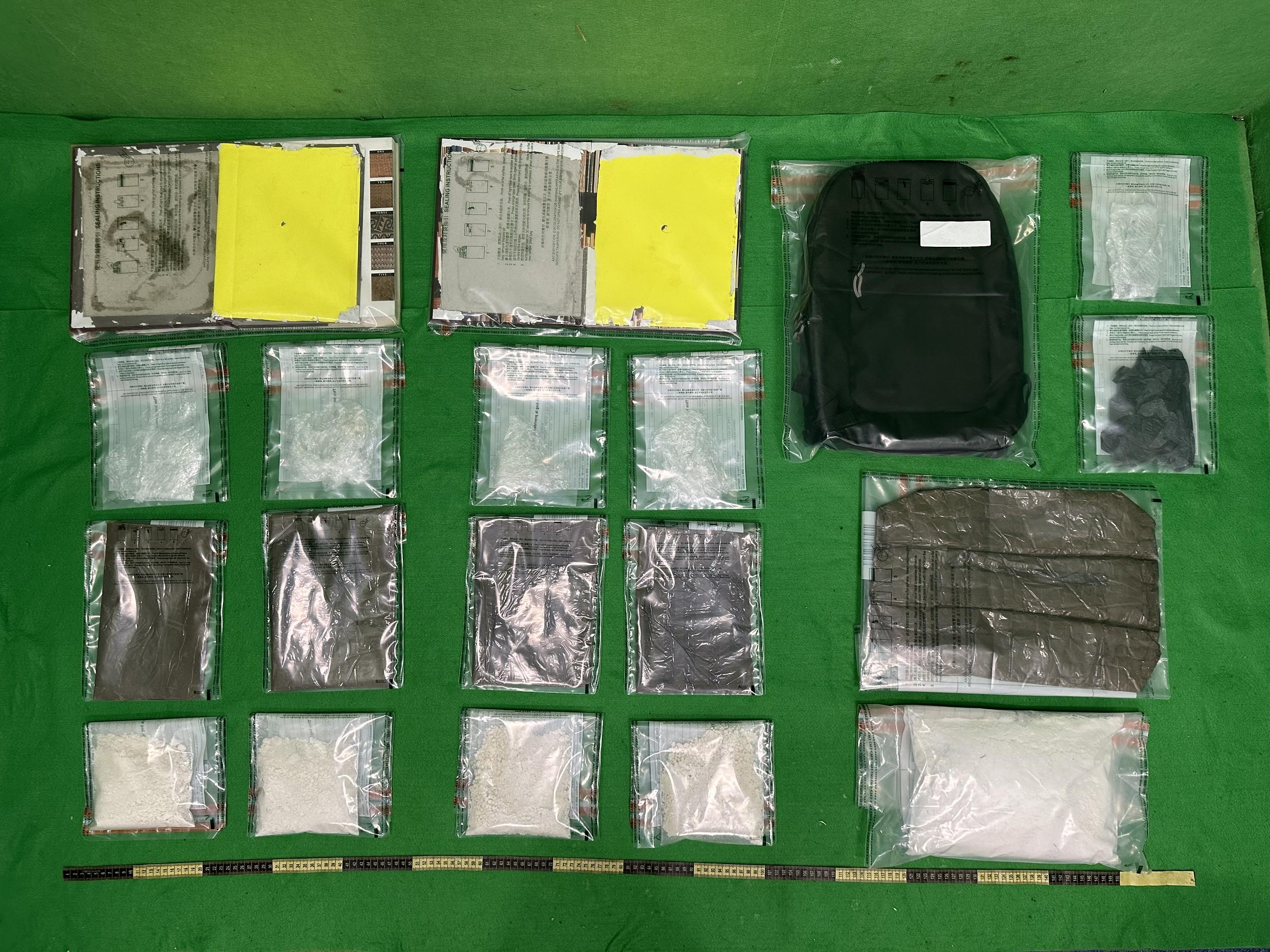The Food and Environmental Hygiene Department (FEHD) today (July 31) announced that the monthly gravidtrap index for Aedes albopictus in June was 16.4 per cent. The index remained at Level 2 in June, indicating that the distribution of Aedes albopictus in the areas surveyed was fairly extensive. After stepped-up mosquito prevention and control by relevant government departments, the area gravidtrap indices in some survey areas concerned recorded a decrease in the monitoring in early July.
In June, among the 64 survey areas, the area gravidtrap index in 19 areas exceeded the alert level of 20 per cent. The gravidtraps were mostly found in the vicinity of public and private residential areas, schools, recreational and sports facilities and public places. The FEHD has collaborated with relevant government departments and taken immediate action to strengthen mosquito prevention and control work in the above-mentioned areas. The FEHD has also notified the bodies concerned under individual survey areas that had voluntarily subscribed to the gravidtrap Rapid Alert System to post specially designed alert notices in the common areas of their premises to remind occupants and staff to carry out anti-mosquito measures promptly.
Moreover, the monthly density index for Aedes albopictus in June was 1.3, which represented that an average of 1.3 Aedes albopictus adults were found in the Aedes-positive gravidtraps, indicating that the number of adult Aedes albopictus was not abundant in the survey areas. The gravidtrap and density indices for Aedes albopictus in different survey areas as well as information on mosquito prevention and control measures are available on the department's website at www.fehd.gov.hk.
A spokesman for the FEHD said, "There is a close relationship between local mosquito infestation and seasonal changes. According to previous data, the gravidtrap indices in various survey areas would be relatively higher during hot and rainy spring and summer months (i.e. from May to September). The FEHD reminds members of the public to further step up mosquito prevention and control work, and arrange early repair and maintenance of structures. Cracks and dents which may accumulate water and become potential breeding grounds should be filled and levelled so as to reduce the chance of mosquito breeding.
"The Government is very concerned about the mosquito infestation in June. As summer approaches, the continuous hot and rainy weather is conducive to the fast breeding of mosquitoes, which might have caused the monthly gravidtrap index for Aedes albopictus to hover at a relatively higher level during the month. The FEHD has continued to intensify mosquito prevention and control work with relevant government departments in areas under their purview, and the FEHD has provided relevant government departments with advice and technical support to assist them in formulating and implementing effective anti-mosquito measures swiftly. At the same time, the FEHD, in collaboration with personnel from relevant government departments, conducted site inspections to eliminate potential mosquito breeding places, and strengthened publicity and education. Under the concerted efforts and collaboration of various parties, most of the survey areas having the area gravidtrap indices exceeding the alert level of 20 per cent in June have recorded a decrease in the indices in the first phase of monitoring in July. The FEHD will continue to monitor the mosquito infestation in all districts, and will conduct prompt and effective mosquito prevention and control work. The FEHD will also strengthen law enforcement. From January to June this year, the FEHD has eliminated over 28 034 mosquito breeding places and initiated 104 prosecutions for mosquito breeding found in relevant premises," the spokesman added.
The FEHD will conduct a three-phase Anti-mosquito Campaign this year. The second phase of the territory-wide campaign, lasting nine weeks, was launched from April 17 to June 16. During the period, the district offices of the FEHD targeted areas that had drawn particular concern, such as public markets, cooked food centres and hawker bazaars, single-block buildings, streets and back lanes, common parts of buildings, village houses, construction sites, vacant sites and road works sites, to remove accumulated water and carry out mosquito prevention and control work. After the second phase of the campaign, the FEHD has conducted territory-wide thematic special operations on mosquito prevention and control, such as strengthening mosquito control at individual construction sites, for three weeks starting from June 26. To further enhance the effectiveness of mosquito control, the FEHD and relevant government departments have also carried out the second phase of the All-out Anti-mosquito Operations since April 24 to focus on eliminating potential mosquito breeding places, and called on property management offices to arrange necessary repairs to their premises so as to minimise mosquito breeding places. Furthermore, intense adult control has been conducted by means of regular ultra-low volume fogging operations after the onset of the rainy season.
The FEHD appeals to members of the public to work together to carry out mosquito prevention and control measures early, including inspecting their homes and surroundings to remove potential breeding grounds, changing water in vases and scrubbing their inner surfaces, removing water in saucers under potted plants at least once a week, properly disposing of containers such as soft drink cans and lunch boxes, and drilling large holes in unused tyres. The FEHD also advises members of the public and estate management bodies to keep drains free of blockage and level all defective ground surfaces to prevent the accumulation of water. They should also scrub all drains and surface sewers with an alkaline detergent at least once a week to remove any mosquito eggs.
Aedes albopictus is a kind of mosquito that can transmit dengue fever (DF) as well as Zika virus infection. DF is commonly found in tropical and subtropical regions of the world, and has become endemic in many countries in Southeast Asia. The dengue activity in neighbouring areas has remained high and Hong Kong has recorded 20 imported DF cases so far this year. Members of the public should stay vigilant and continue to carry out effective mosquito prevention and control measures.


